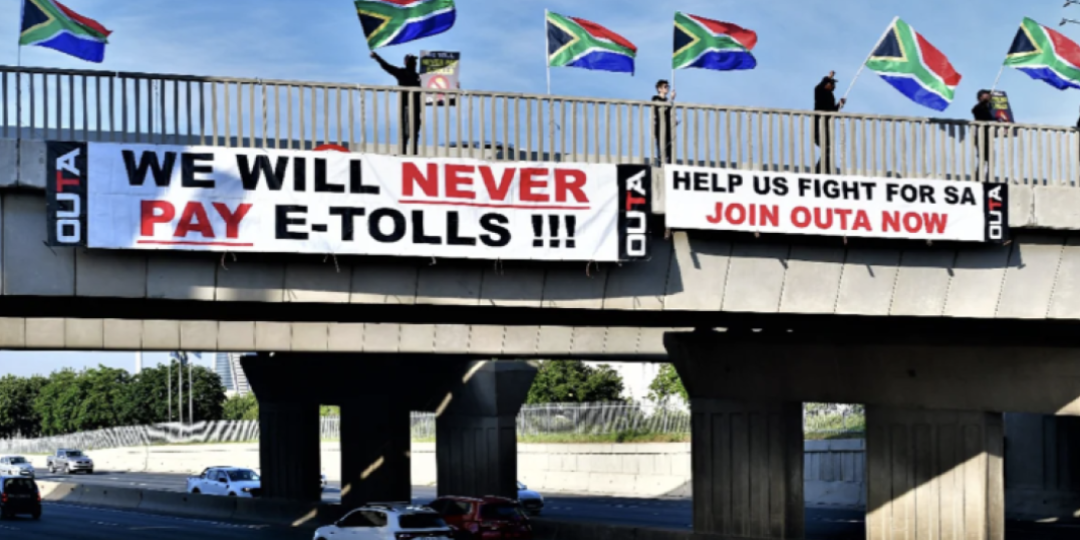The Organisation Undoing Tax Abuse (Outa) has lost its court bid to get financial information from Sanral which would expose the scale of profits the N3TC makes on its 30-year toll concession contract.
The Pretoria High Court this week dismissed Outa’s application, which challenged Sanral’s refusal to provide key documents requested in a Promotion of Access to Information Act (Paia) request more than four years ago, particularly N3TC financial statements and contracts with third parties relating to the toll concession. Sanral opposed the application and N3TC also joined the case.
In rejecting Outa’s application the court found that Sanral did not have these documents in its possession and that “in any event, those contracts are private contracts entered into between N3TC and other parties. Sanral is not party to those private contracts”.
The court ruled that Paia did not require that the party from whom information was requested must embark upon a process to obtain information or documents not already in their possession.
“Outa is disappointed that the court dismissed our application for access to the financial information on the N3TC toll concession contract. This is a massive loss for transparency,” says Advocate Stefanie Fick, Outa executive director.
“We believe that the public interest does not receive the attention it ought to in Paia processes, especially in the light of contracts between the private sector and the state. We believe that the public interest should always enjoy preferential and elevated status. Unfortunately, the judgement as it stands upholds the veil of secrecy when it comes to private companies contracting with the state,” Fick said.
Outa is considering its options regarding appealing the judgement.
N3TC is the company contracted by Sanral to build and operate the N3 toll road between Heidelberg in Gauteng and Cedara in KwaZulu-Natal. The contract was signed in 1999.
“It is a big concern that there is a possibility N3TC earns excessive profit to the detriment of road users who fork out the toll fees. These toll fees have increased about 25-28% since 2018 and if the financial burden of ordinary road users can be alleviated by exposing excessive profits, we have a duty to expose this,” Fick said.
She said it cost ordinary motorists almost R300 to travel from Heidelberg to Pietermaritzburg.
“We believe this cost could be substantially less,” Fick added.
Outa said considering that a vast amount of freight had moved from rail to road over the past two decades, and that toll tariffs had increased every year, it believed revenues generated by the toll concessions would have increased significantly.
“These toll escalations not only directly burden transporters with elevated operating costs but also amplify supply chain expenses, impacting businesses engaged in the transportation of goods. This, in turn, makes it increasingly challenging for businesses to remain competitive,” Outa said.
“Tolls are effectively a tax on the public and Outa is concerned that, as such, they should be linked to the costs of the roads.”
Fick said the private sector should understand that when it enters into agreements with government, it becomes subject to public scrutiny.
“The corporate world has been tainted by what has emerged from the Zondo Commission and the Eskom exposures. While big corporates battle it out for government contracts, we will continue to seek to hold both government and private entities to account where public funds and public interest are concerned,” Fick said.
Sanral welcomed the ruling dismissing the application in a statement this week.
Its general manager for communications and marketing said the court’s findings rejected the notion that the agency was involved in nefarious activity.













